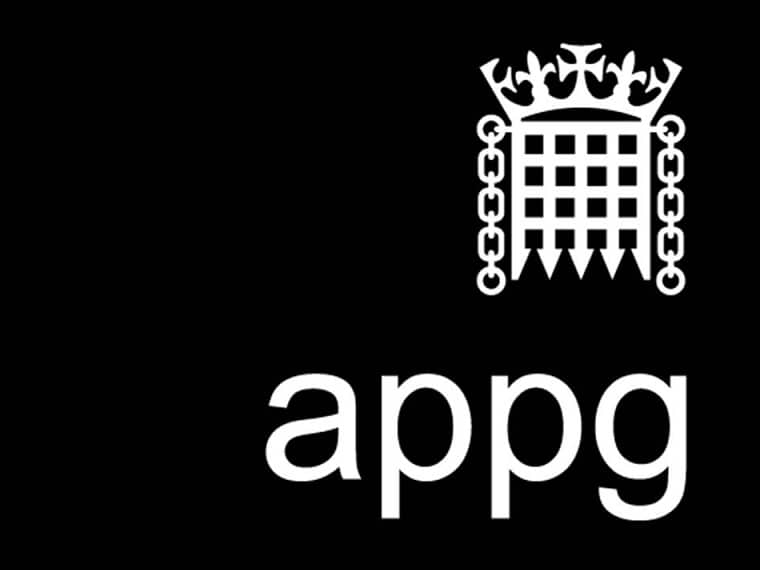
New APPG report on access to cutting edge medicines
pharmafile | September 17, 2019 | News story | Manufacturing and Production |
A new report from the All-Party Parliamentary Groups (APPG) is urging the life science community to work together to speed up access to cutting-edge medicines in the UK.
As it stands less than 50% of orphan medications are routinely funded in England, Scotland and Wales compared to over 80% in Germany and France.
The report provides a list of recommendations aimed at NICE methods as well as future suggestions for research and work in the wider medicines access landscape.
Among the APPG report’s key recommendations are that there should be a fairer representation of patient groups on NICE appraisal committees to ensure that NHS patients gain access to the best possible and most innovative medicines and devices available.
The government is also recommended to review the medicines budget with a view to increasing it ensuring patients receive world leading treatments. Alongside this the pharmaceutical industry is to work harder and ensure it brings the best price to the table at the earliest opportunity. The report stated they should be more transparent about how it arrives at list price.
The APPG report continued to recommend that NICE introduce an interim conditional approval mechanism to fund plausibly cost-effective drugs and that it expands the current end of life Incremental Cost Effective Ratio (ICER) to apply to therapies where there is a clear unmet need in a severe condition.
Furthermore it was suggested that NICE adopt the Treasury’s suggested discount rate of 1.5% instead of the currently used 3.5% and that the cost-effectiveness body should publish clear timelines for each stage of the methods of review so stakeholders can have a clear idea of what they expect to be published and when.
Anne Marie Morris, MP and Chair of the APPG said: “Some of the most innovative medicines and medical devices are conceived in the UK but taken to market elsewhere. That has to change.
“As we continue to push the boundaries of science and bring new ways to treat cancers, chronic, rare and genetic conditions to the NHS, our processes of assessing the value of such therapies must evolve to ensure patients gin access to the best possible treatments.”
Nik Kiran








